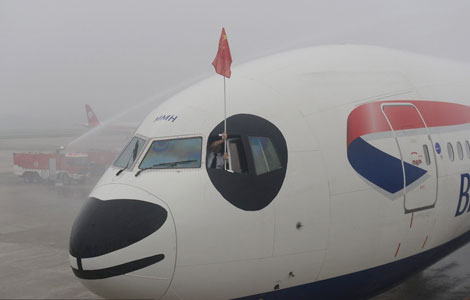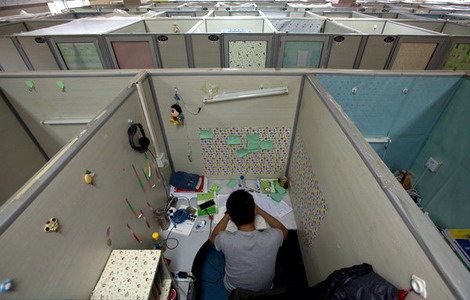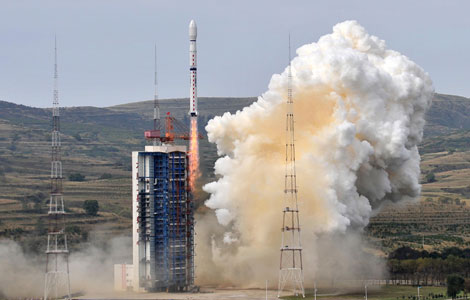

BEIJING - China advocates political and diplomatic means in dealing with missile proliferation, Foreign Ministry spokesman Hong Lei told a regular press briefing on Monday.
Hong made the comments in response to media reports that Japan's Kyoto Prefecture on Thursday officially approved the installation of an advanced U.S. military radar.
An X-band radar will be set up on the Japanese Air Self-Defense Force's Kyogamisaki sub-base in the city of Kyotango in the prefecture, in a bid to defend against any missile threat from the Democratic People's Republic of Korea.
Hong said China has taken note of the relevant reports and is concerned about the action.
China believes that unilaterally deploying an anti-missile system or forging an alliance is not conducive to the resolution of the regional nonproliferation issue as well as the peace and stability of the Asia-Pacific region, and will bring about a severe negative impact on global strategic stability, he said.
The spokesman said China advocates political and diplomatic means in dealing with missile proliferation and hopes to fully accommodate the legitimate concerns of each country on the missile defense subject, so as to safeguard global strategic stability.
The X-band radar is capable of precisely tracking the trajectory of a ballistic missile and allows U.S. forces to launch interceptor missiles from the ground and sea.







